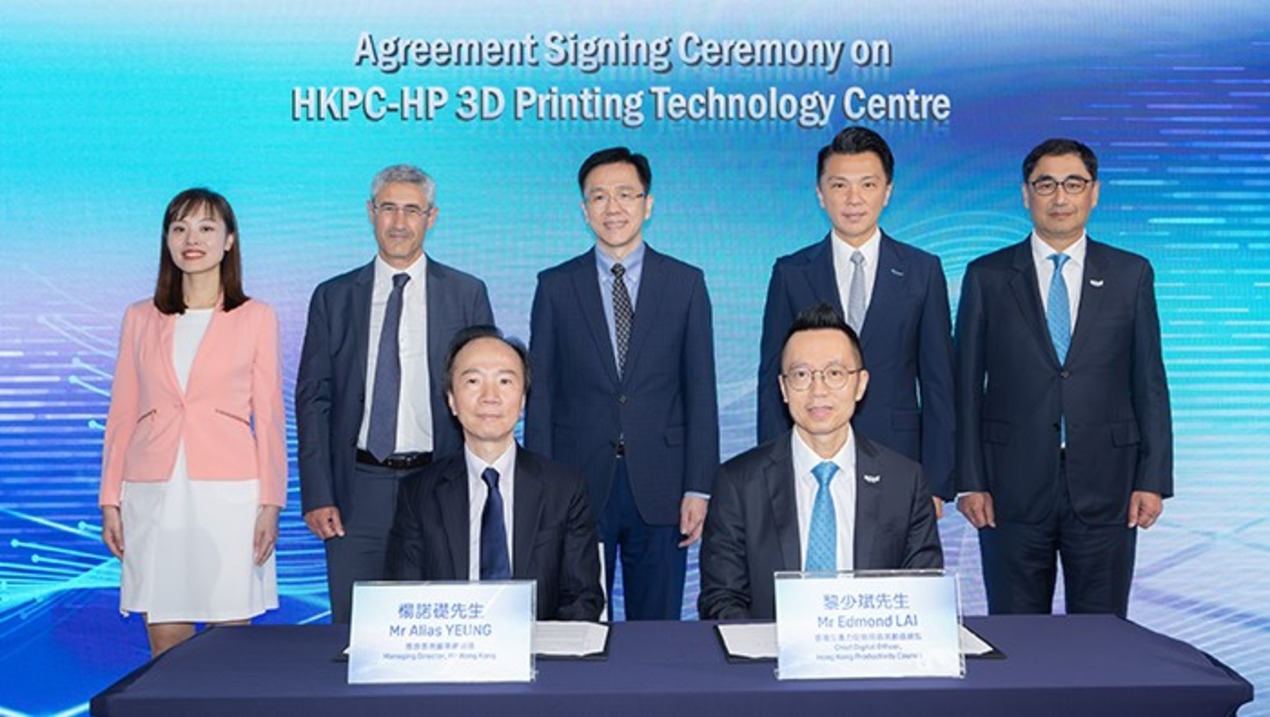
The UK and Thailand have jointly launched the “UK Thailand Tech Export Academy”. The purpose of the collaboration is to promote the development of “smart cities” to be constructed across Thailand. So far, the initiative has involved the matching of over 200 businesses from the UK and Thailand.
The UK’s Minister for Exports co-launched the academy in the form of a virtual trade mission, alongside Chaiwut Thanakamanusorn, Thailand’s Minister of Digital Economy and Society (MDES).
The Tech Academy initiative was kick-started in 2020, the UK’s International Trade Secretary, as part of a British government strategy to support UK businesses emerging from the COVID-19 pandemic lockdowns. From over 100 commercial enterprises that applied for the 9-month program, a total of 30 were picked to become involved in the trade mission to Thailand.
Smart City Handbook and other initiatives
The virtual trade mission constitutes one component of the two countries’ smart cities cooperation in line with the initial launch of the UK-Thailand Smart City Handbook, established in partnership with Thailand’s Digital Economy and Promotion Agency (DEPA).
Other activities the UK has been working on including ongoing projects under the UK’s Global Future Cities program. This involves working with the Bangkok Metropolitan Administration to create an improved flood management system for Lat Phrao, being one of the city’s 50 districts.
A data centre is also being planned to support the collection and use of data for decision-making in Bangkok, in addition to the creation of a development masterplan for the Khlong Bang Luang region and Bang Wa BTS Station.
The Digital Trade Network was also introduced last year as a three-year pilot program to enhance the UK’s digital tech capabilities in supporting digital trade and investment opportunities in Thailand.
The UK Ambassador to Thailand stated, “I hope the launch of the Smart City Handbook and the on-ground expertise as part of the Digital Trade Network will provide the foundations for future cooperation, sharing of experience and expertise between the UK and Thailand in areas of smart city development.”
The Ambassador also introduced the UK Prosperity Fund as a resource of the UK Government to support global sustainable development in developing middle-income countries – with the Global Future Cities Program being a leading part of this support and commitment.
Bangkok’s governor also shared his vision for urban development including the improvement of canal landscapes such as Prem Prachakorn Canal, Saen Saeb Canal, and Ong Ang Canal, which are all now in active development.
He said, “Bangkok is focused on connecting the network of wheel (private vehicles and public services), rail and boat transportation,” he announced. “It is a great opportunity that Bangkok was selected to be one of the 19 cities that are collaborating with the UK Prosperity Fund. We greatly appreciate all the help and cooperation from the UK government and the British Embassy in Thailand for the initiation of such projects.”
Trade and investment dialogue
The UK’s partnership with DEPA has continued more recently with a series of Smart City workshops involving the British Embassy in Bangkok hosting the local authorities in Chiang Mai, Khon Kaen, and Chonburi to explore potential areas for smart city collaborations.
The UK and Thailand are also working to deepen and strengthen their trading relations across all sectors following the completion of a Joint Trade Review.
In March 2021, the UK and Thailand signed an MoU which commits both governments to further strengthening trade and investment ties through a new joint trade dialogue – the Joint Economic and Trade Committee (JETCO).
It is anticipated that JETCO will facilitate new opportunities for the UK and Thailand to work cooperatively in improving bilateral trade, including by addressing market access barriers affecting businesses. The first meeting of the new UK Thailand JETCO will take place later this year.
For both countries, the initiatives deepen the trade linkages between the UK and Thailand. Over the last year, two-way trade has exceeded £5 billion (US$7 billion) which is likely to be further bolstered by the UK-Thailand Tech Export Academy’s trade mission which has reflected strong support from the UK’s £185 billion (US$260 billion) technology sector – currently the largest in Europe – in pushing advancing commercial and investment partnerships to build the smart cities of the future.




















